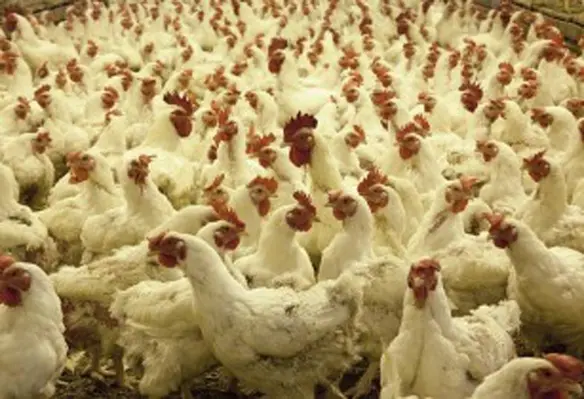The U.S. Department of Agriculture (USDA) announced last week that the government of South Korea has lifted its ban on imports of U.S. poultry and poultry products, including fresh eggs
South Korea had imposed the ban in response to a recent detection of highly pathogenic avian influenza (HPAI).
On August 11, the United States notified the World Organization for Animal Health (OIE) that it is now free of HPAI. This notification removed any justification for U.S. trading partners to restrict imports of U.S. poultry due to HPAI concerns. Currently, Korea imposes a ban on all U.S. poultry in response to any HPAI detection, but USDA continues to work with Korean officials towards limiting any future import restrictions to the affected area, consistent with OIE guidelines.
“The United States has the strongest avian influenza surveillance program in the world and we were once able to quickly identify, confine, and control this most recent disease outbreak. Our hope is that Korean officials will recognize that our system works and will move towards a regional approach in the event of any future findings of bird flu,” said U.S. Agriculture Secretary Sonny Perdue. “South Korea is one of our best trading partners, and we want to continue being their most dependable supplier of high-quality food and farm products. Korea’s lifting of its most recent ban is an important move for our poultry and egg industries, but it is still just the first step.”
In 2014, the last full year without any HPAI-related trade restrictions in place, South Korea purchased US$122mn in U.S. poultry products, including eggs, making it the United States’ tenth-largest market. South Korea’s imports from all sources exceeded US$350mn in 2016, but only US$39mn came from the United States.
Korea has also announced a temporary measure that will allow U.S. eggs and egg products to enter the country duty-free in the face of a shortage of domestic supplies.





